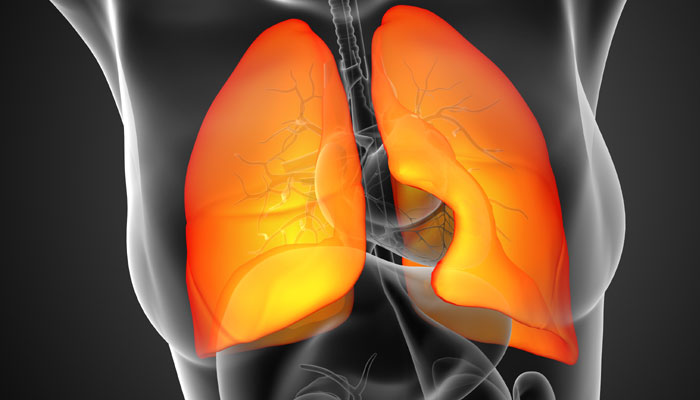Chicago: Researchers have revealed that a new immunotherapy drug showed more promise than a traditional chemotherapy agent in fighting an advanced form of lung cancer.
According to the researchers, the drug, nivolumab, can reduce patients’ risk of death from non-small cell lung cancer by 27 percent compared with patients who received docetaxel.
Nivolumab that unleashes body’s immune system to attack tumours is also found to be less toxic to patients.
The trial involved 582 people with advanced cancer that had grown worse even after getting powerful chemotherapy.
The results showed that patients taking nivolumab lived for about 12.2 months on average, whereas people on standard therapy lived for another 9.4 months at this stage.
It found that the drug fared even better in patients whose tumours released a protein called PD-L1 with a survival rate of 17.2 months against 5.6 months for those getting docetaxel. PD-L1 is a specific type of protein which switches off any part of the immune system that tries to attack them.
Nivolumab is one of a suite of drugs called “checkpoint inhibitors” being developed by pharmaceutical companies, reports the BBC.
They stop cancers turning off the immune system so the body can keep on attacking the tumour.
“[The results] mark a milestone in the development of new treatment options for lung cancer,” said lead researcher Dr Luis Paz-Ares, from the Hospital Universitario Doce de Octubre in Madrid, Spain.
“Nivolumab is the first PD-1 inhibitor to show a significant improvement in overall survival in a phase III trial in non-squamous non-small cell lung cancer.”
Lung cancer is the most deadly type of cancer, killing nearly 1.6 million people every year.
The research has been presented at the annual meeting of the American Society of Clinical Oncology.




 Driving Naari Programme launched in Chandigarh
Driving Naari Programme launched in Chandigarh































